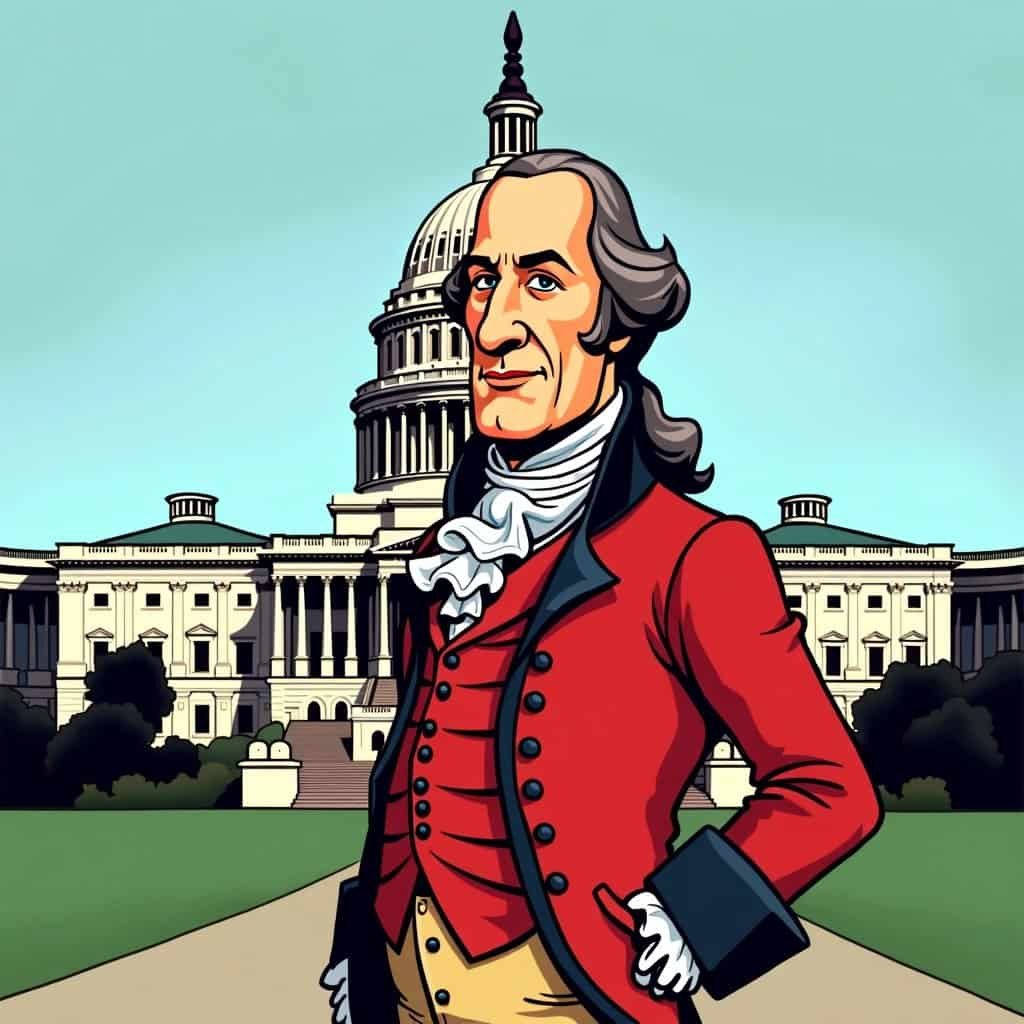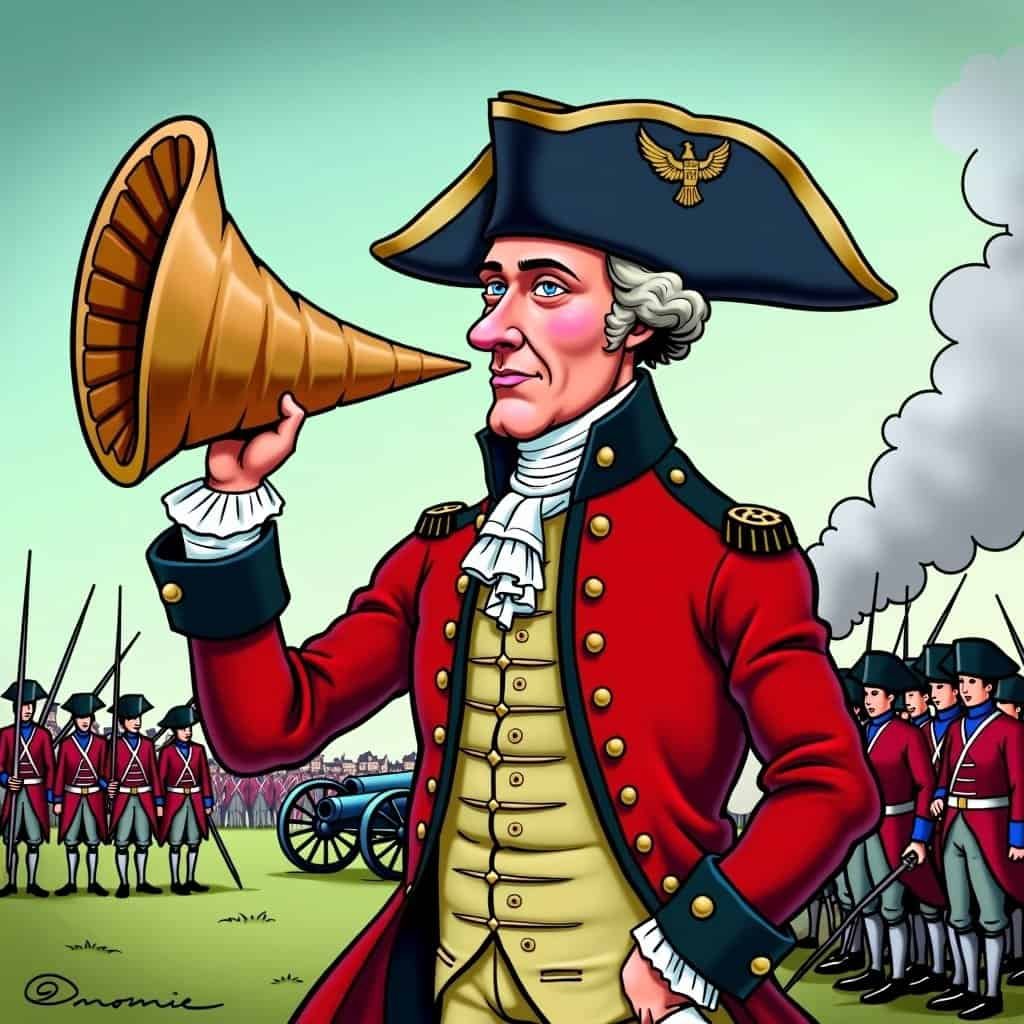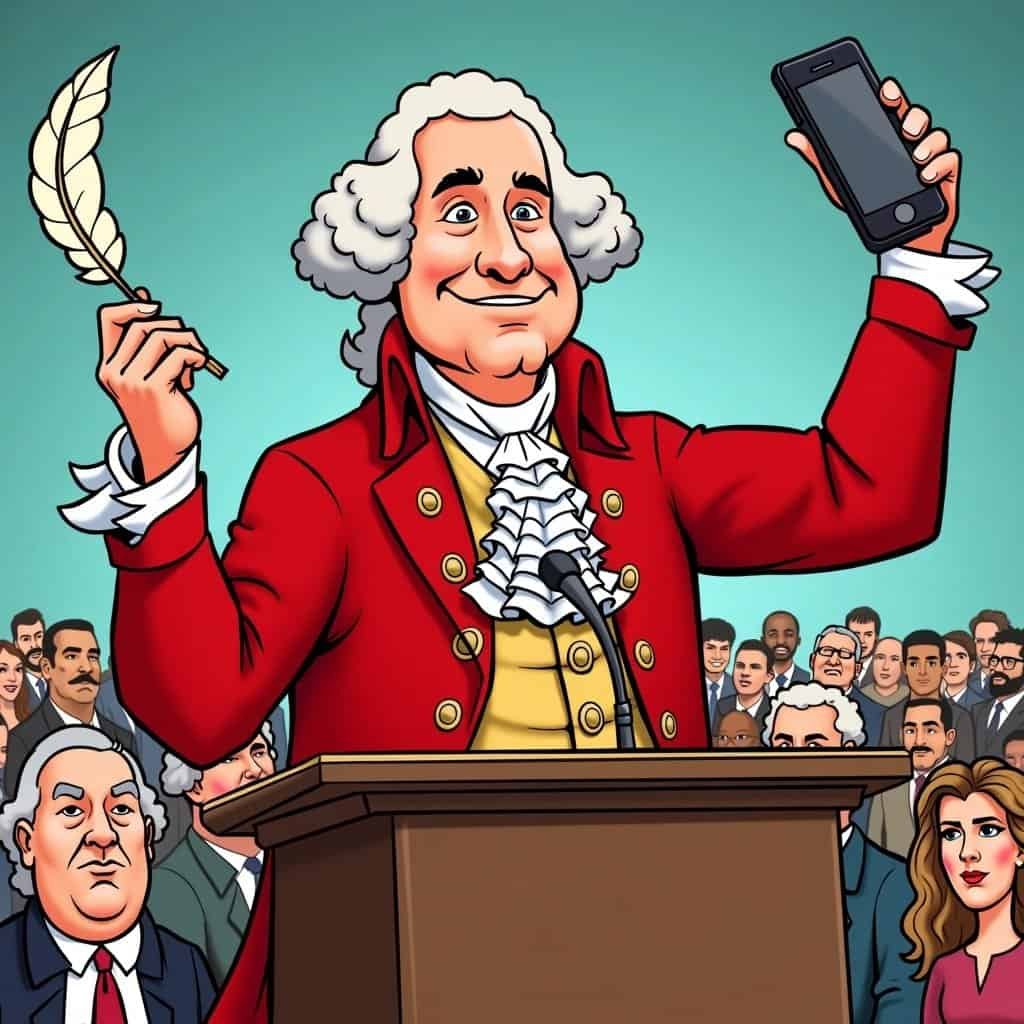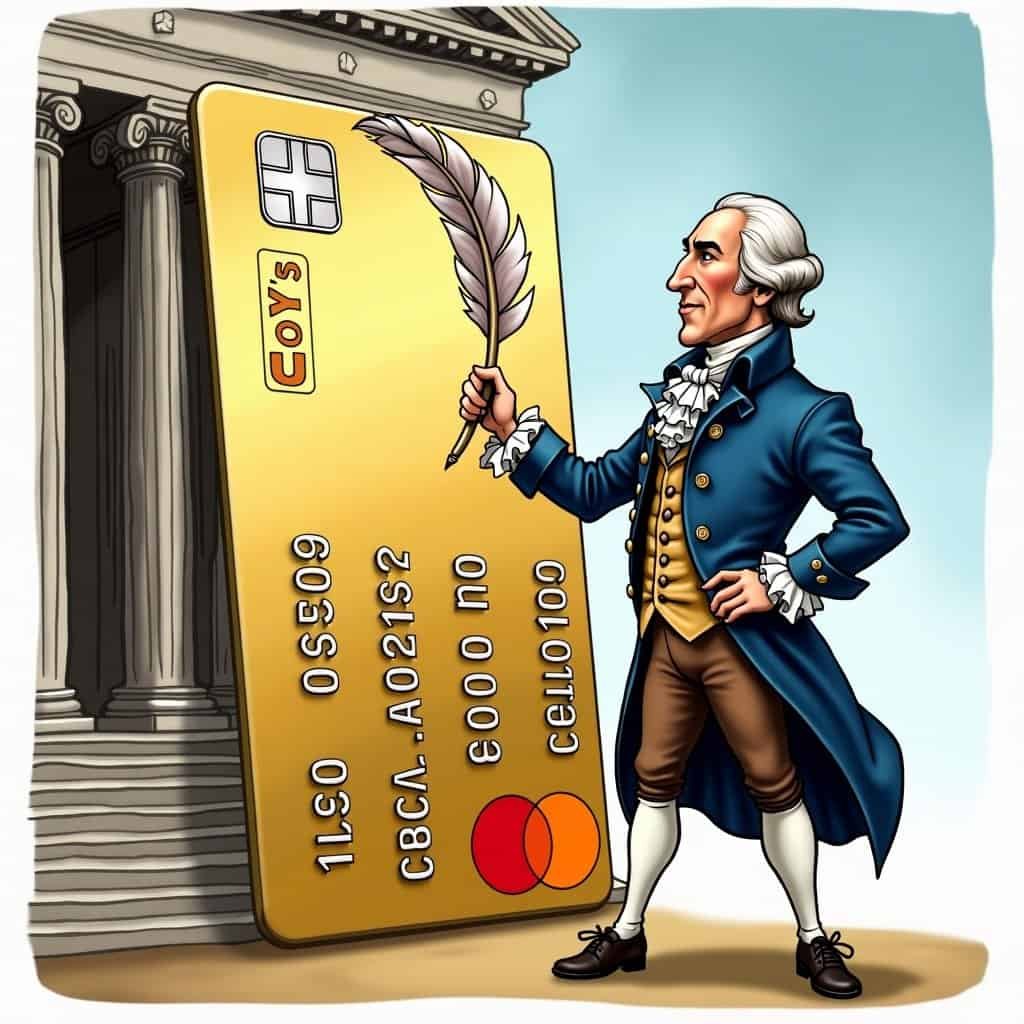Ah, Alexander Hamilton—the rock star of America’s founding fathers before that term even existed. While his Federalist ideas revolved around a strong central government, you might assume this would terrify today’s conservatives. But hold your horses! Before we break out the torches, let’s take a closer look at this political genius and see how his thoughts might resonate with anyone proudly displaying a “Don’t Tread on Me” flag.
Let’s clear the air. Hamilton wanted a government strong enough to unify the colonies—now states—but not one that would stick its nose in your lemonade stand like some modern politicians seem eager to do. Unlike today’s big-government cheerleaders, Hamilton’s vision for a robust federal system wasn’t about dictating what kind of lightbulbs you use. It was more about making sure America could survive its early years without descending into chaos. Sure, the revolution was over, but managing thirteen bickering states? That was like hosting a family reunion where everyone hates the cook and each other.
Hamilton’s Vision: Unity Without Tyranny
Hamilton’s brilliant move was recognizing that unity doesn’t equal tyranny. He wanted the federal government to have some muscle—enough to defend borders, manage trade, and build infrastructure—but not so bulky and intrusive that it would micromanage the size of your soda or slap you with sky-high taxes at the pump. His argument wasn’t “bigger is always better”; it was “strong enough to protect, small enough to let you breathe.” If that doesn’t sound like a patriotic tune, I don’t know what does.
Hamilton’s Government Philosophy
- ✅ Strong enough to unify states
- ✅ Capable of defending borders
- ✅ Able to regulate trade
- ✅ Focused on building infrastructure
- ❌ Not invasive or controlling
- ❌ Not micromanaging citizens’ lives
Now, compare that to today’s leftward shift. “Strong central government,” to modern liberals, seems to mean “nanny state”—deciding whether you can own a gas stove and dreaming up rules to protect feelings over facts. Hamilton would’ve been the first to fight for states’ rights to make choices and, by extension, ensure freedom at the local level. Even his idea of a National Bank wasn’t about Federal Reserve meddling but about creating economic stability—a solid foundation for growth, rather than handing out participation trophies funded by hardworking taxpayers.
Constitutionality and Balance
Let’s talk about the Constitution. Hamilton was a master at explaining the balance between federal power and state sovereignty. To the Founding Fathers, “strong” didn’t mean “dictatorial policies wrapped in virtue signaling.” It meant doing what’s necessary, effectively and efficiently, in a republic. This distinction seems lost on some politicians swooning over policies that turn Uncle Sam into Big Brother.
These days, conservatives champion limited government for good reason—government overreach has snuck its way into nearly every aspect of American life. If Hamilton were around now, he’d likely use his sharp wit to remind us that a strong central government isn’t the same as all-consuming federal control. It’s about strengthening the nation while preserving liberty and promoting free-market capitalism—the kind of stuff we can imagine Hamilton humming about on his way to that fateful duel with Burr.
Personal Responsibility and Limited Government
Don’t think for a second that Hamilton wasn’t big on personal responsibility. His Federalist Papers are basically a love letter to the idea that Americans shouldn’t rely on government when they can, in fact, rely on themselves. This shared belief reminds us that conservatism isn’t really about hating government—it’s about opposing the wrong kind of government: centralized control that chips away at individual liberty like a progressive’s tax plan chips away at your paycheck.
Hamilton’s strongest argument for a central government—whether for economic structure, military unity, or fair trade—was rooted in the belief that power should ultimately rest with the people. It wasn’t a plea for micromanagement. It was a lesson in balance, and we could all learn from his playbook in this era of bureaucratic mess, growing deficits, and politicians on both sides who’d rather point fingers than solve problems. Isn’t that what smart oversight with strategic strength is supposed to look like?
So, let’s reclaim Hamilton from the Broadway spotlight and see him for who he really wanted to be: The guy who saw the need for a strong but restrained central government serving We the People—not ruling over us. Now that’s a tune worth singing!
Table of Contents
- Hamilton’s Vision: Unity Without Tyranny
- Constitutionality and Balance
- Personal Responsibility and Limited Government






